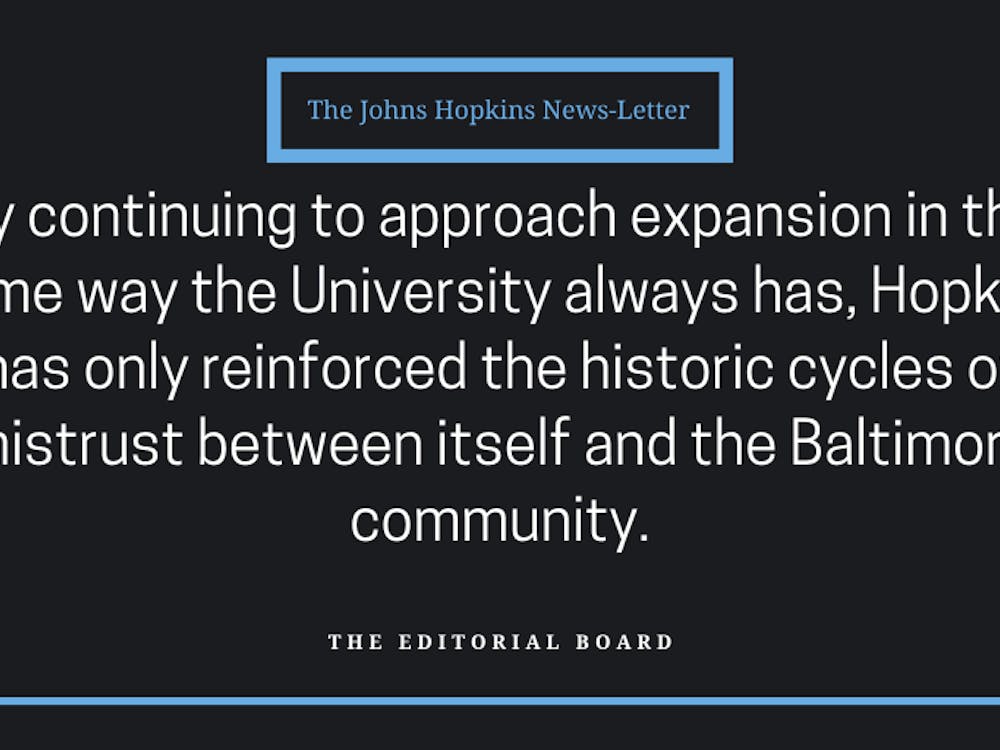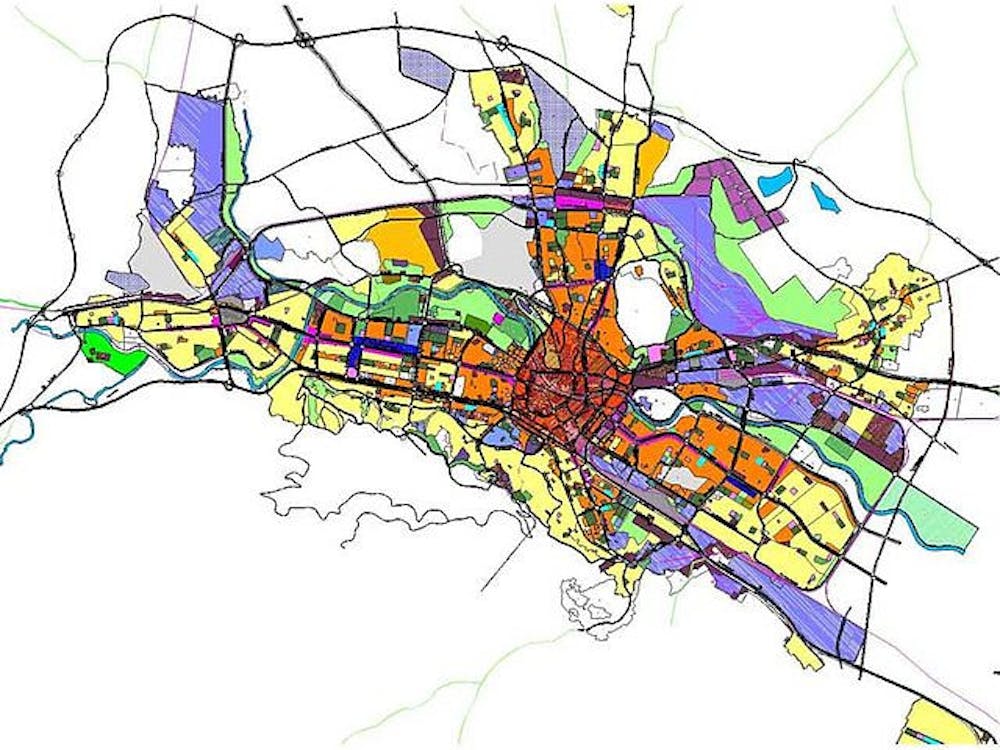“Flip flopping” is a very charged term in the realm of politics. However, from Reagan’s flip from liberal abortion legislation in California to anti-abortion laws in the White House; to Nixon’s promise to end Vietnam that turned into massive escalation; to Lincoln’s promise to not use federal troops within the borders of the Union (a flip we are all thankful for) — this process of changing agendas is a very normal part of a president’s career.
While it may draw some criticism from the opposing party and cost the president half a percentage point in public opinion, flip-flops are typically minor and inconsequential in the legacy of the presidency. No president has been known historically for their platform change.
That is, until now. These flip-flops usually happen over a long period of time (relative to a president’s term, at least), and while a president’s agenda may shift from one side of the political aisle to the other, they are seldom radical and typically follow national trends.
For example, in his 2008 campaign Obama tentatively rejected the possibility of gay marriage. However, he gradually softened this position, until 2015, when he fully supported and celebrated the Supreme Court decision that legalized gay marriage. This shift reflected the platform shift within the Democratic party.
Last week, Trump flipped in a more extreme manner. In a press conference, he criticized Congress Republicans for “being scared” of the NRA, and he espoused support for stronger gun control measures. He went as far as supporting seizing guns from certain people without due process, saying “take the guns first, go through due process second.”
This comment shocked NRA supporters and gun control enthusiasts alike. However, by the end of the week, Donald Trump’s aides claimed that after a “productive” meeting with the head NRA lobbyist, he no longer supported any of the gun control measures he had just promoted a few days prior.
Politicians across Washington were left dumbfounded. Paul Ryan expressed exacerbation, and Republicans were unsure as to whether to support or denounce the president. Former Representative Timothy Roemer said, “Many people voted for Trump in order to throw a hand grenade into national politics. It seems he has done the same thing to Capitol Hill.”
Extremely far right and pro-Trump reddit community r/The_Donald almost imploded as the heavily censored community banned thousands of accounts that criticized Trump, while it tried to maintain the radical political identity it had created.
Trump is volatile, and this should concern citizens more than any of the policies measures he has espoused in his short time in office. He is a loose cannon, who can go off at anytime, and no one can predict what he is going to do. His all-of-a-sudden approach to proposing policy leaves many confused as to the impetus of his decisions.
While Trump switches from policy to policy, one thing remains constant: He always takes the policy to a radical extreme, such as switching from arming teachers to taking guns from “dangerous people” without due process.
The speed, radical nature and, most importantly, the complete commitment he gives to these policies can leave lasting marks on America, even if the policy is only a blip on the President’s political map. Take for example, the gun debacle. Taking guns from citizens under the guise of public safety without due process, even under a relatively small and short-lived program that was stopped quickly by Congress and the courts, leaves behind it a precedent that can exempt government policy from regarding basic constitutional rights.
However, by far the most dangerous result of this trend is the effect it will have on the political culture of the nation. We already live in the most polarized time in American history, and Trump’s constant introduction of new radical policies and ideas will only contribute to the polarization. The simple introduction of a radical idea by an influential figure of a society can bring the idea into the realm of relative normality.
As the parties become more and more tied to ideology, one party will latch onto an idea at their ideological extreme, while the other will staunchly refute it, perhaps promoting their own opposite but equally radical principle to combat it. This is the situation that occurred with welfare and social security in the New Deal era of the 1930s.
Now taken for granted, the welfare policy proposed by FDR was very radical at the time. Just as quickly as the president’s party latched on to the policy, the Republicans of the time tried to distance themselves from the radical idea as much as possible. This is partly how the party became the socially laissez-faire party we still see today. By constantly introducing new radical ideas like this into the political culture, Trump will serve to push the parties even farther apart.
What comes next, one can only speculate. Is it possible for polarization to reach a critical mass, after which there would be no possibility of reconciliation between the parties? I cannot answer this. We, as a nation, are in unmarked territory right now. The next spur-of-the-moment decision by our president could lead us down a dark path that no one could have predicted.
Samuel Farrar is a freshman from Brevard, N.C. and plans to major in political science. He is The News-Letter’s Social Media Editor.























Please note All comments are eligible for publication in The News-Letter.